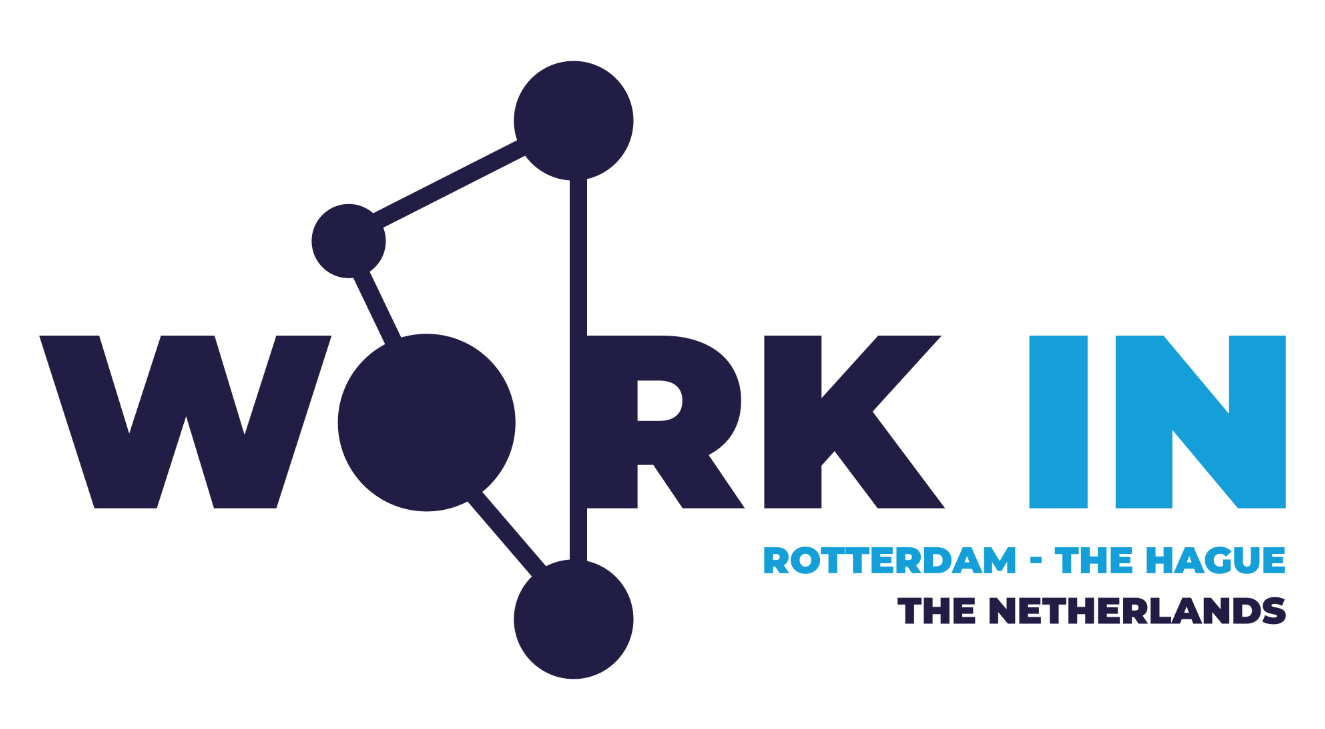Human Resources Officer (P-3)

International Criminal Court
| Posting Date: | 09/06/2025 | |
| Deadline for Applications: | 23/06/2025 (midnight The Hague time) | |
| Organizational Unit: | Human Resources Section, Registry | |
| Duty Station: | The Hague - NL | |
| Type of Appointment: | Short Term Appointment | |
| Minimum Net Annual Salary: | €89,507.00 | |
| Contract Duration: | Until 31/12/2025 |
Special Notice:
A Short-Term Appointment is used to recruit staff to meet short-term needs. The duration of this assignment is provided above. The maximum duration of a short-term appointment including extensions shall not exceed 12 months.
A Short-Term Appointment does not carry any expectancy, legal or otherwise, of renewal and shall not be converted to any other type of appointment.
Due to the short-term nature of the assignment, the ICC reserves the right to make an appointment at one grade lower than that stated in the vacancy with a modified job description.
A current ICC staff member who is holding a fixed-term appointment may apply for any short-term position. Where a current ICC staff member is selected to a short-term position, he or she will be temporarily assigned to the position in line with section 4.10 of ICC/AI/2016/001. GS-level posts are subject to local recruitment only.
The terms and conditions of service for staff members appointed under a short-term appointment are governed by ICC/AI/2016/001.
Organisational Context
The HR Section provides a unified and coordinated approach to HR matters across the Court and carries out all human resources activities in an efficient and timely manner whilst serving as HR adviser to management within the Court.
The Section is one of five sections located in the Division of Management Services. The other four are the Budget Section, the Finance Section, the Security and Safety Section and the General Services Section. The Division also includes an Occupational Health Unit and an SAP Team.
Human resources management is a shared responsibility with line managers and the HR Section’s aim is to be a trusted provider of a variety of centralized policy, advisory and administrative services for the Court, its managers and staff. These services include strategic workforce planning and organizational design, job designs and advertisement, recruitment and on-boarding, administration of salaries (payroll), entitlements and benefits (including health insurance and pension contributions), career development and succession planning, performance management, learning and development and HR policy matters and staff issues or conflicts.
The Section consists of two units: the HR Operations Unit and the HR Organizational Development Unit. The HR Operations Unit’s programme of work is all operational aspects of the Section, from recruitment and on-boarding to the administration of salaries, benefits and entitlements for staff members and non-staff (including judges, interns and SSA consultants and contractors). The Unit is responsible for the day-to-day operations and activities related to job design, classification and advertisement of vacancies, recruitment, placement, on-boarding, post management, entitlements and benefits, staff loans and transfers, compensation administration and payroll. The Unit plans, organizes and administers staff services such as health insurance, pension schemes and other social security. The Unit supports the administration and settlement of (HR-related) staff complaints and grievances. The Unit is responsible for the maintenance of related staff data in the Court’s Enterprise Resource Planning system, including staff master data.
The HR Organizational Development Unit is in charge of devising strategies, programmes and policies to ensure that the Court hires and develops the right staff and thus maximizes the return on investment in human resources. Particularly, this includes an organization-wide role in relation to strategic workforce planning, talent management, organizational design, staff training and learning and development programmes and activities, performance management and managerial development.
HR Officers may be assigned to various units within the Section and contribute across a range of functional areas, including Recruitment, Contract management (Entitlements and Payroll Administration), Programme Coordination, Learning and Development, and Organizational Development initiatives (such as Performance Management, Staff Development, Staff Well-being, Engagement, Leadership Development, and Knowledge Management).
Duties and Responsibilities
Under the supervision of a Head of Unit, and within the delegated authority, the Human Resources Officer will be responsible for the following duties. (These duties are generic and may not be performed by all Human Resources Officers, depending on their assignment within the HR Section.):
- Contribution to the strategic direction of the Human Resources Section as a member of the HR Management Team.
- Supervise and provide guidance to junior HR staff in the delivery of work aligned to unit and team workplans.
- Ensure the effective implementation of ICC’s HR policies, rules, and procedures and monitor compliance across assigned portfolios.
- Provide guidance and advice to his/her designated managers and staff across the organisation on the implementation of strategic HR initiatives and on the interpretation and application of all relevant HR policies, rules and regulations in a timely manner, such as work force planning, recruitment and onboarding, entitlement and benefits, compensation, contracts, training and development, leadership development, performance management, employee engagement, employee experience and staff well-being and knowledge management;
- Prepares special reports and leads or participates in special HR projects and strategic initiatives;
- Promote awareness and understanding of ICC’s HR policies and initiatives through tailored communications, presentations and training sessions.
- Maintain up-to-date knowledge of developments, trends and best practices in HR management.
- Foster effective working relationship with staff and managers across the organization, promoting a solutions-oriented and collaborative HR service culture.
- Collect, monitor and analyse relevant data and metrics to inform decision-making and produce high-level reports for management.
- Identify and recommend improvements to HR processes and systems to enhance efficiency, effectiveness, and client satisfaction.
- Manage and support the professional development of assigned HR specialists through coaching and capacity-building initiatives.
- Perform other duties as required.
Essential Qualifications
Education:
- Advanced university degree in HR management, business or public administration, social sciences, law or related area.
- A first-level university degree, combined with two additional years of qualifying experience may be accepted in lieu of the advanced university degree.
Experience:
- A minimum of five years (seven years with a first-level university degree) of, progressively relevant professional experience in human resources management, administration or other related area is required.
- Demonstrated experience in the application of HR policies in an international or comparable institutional context is required;
- Proven experience in providing HR policy advice to managers and staff in a similar work environment, preferably within an international context, is required;
- Experience in a supervisory role in a similar work environment is required;
- Experience in leading HR projects or change management initiatives in a similar work environment is considered an asset;
- Experience working as HR business partner in a similar work environment is considered an asset.
- Experience of the UN common system’s HR framework is considered an asset.
Knowledge, Skills and Abilities:
- Knowledge of HR principles, practices and procedures.
- Strong analytical, advisory and problem solving skills
- Excellent interpersonal and communication skills (written and oral).
- Demonstrated ability to build trust, mediate, and influence in a diverse organizational setting.
- Ability to provide high-quality advice and support to senior management and staff.
- Proven client orientation with a proactive, service focused approach.
- Demonstrated capacity to work in a multicultural environment with sensitivity and respect for diversity.
- High level of integrity, discretion and professionalism.
Knowledge of Languages:
- Proficiency in one of the working languages of the Court( English or French), is required.
- Working knowledge of the other is an asset.
- Knowledge of one of the other official language of the Court (Arabic, Chinese, Russian, Spanish) would be considered an asset.
ICC Leadership Competencies
Purpose
Collaboration
People
Results
ICC Core Competencies
Dedication to the mission and values
Professionalism
Teamwork
Learning and developing
Handling uncertain situations
Interaction
Realising objectives
Learn more about ICC leadership and core competencies.
Candidates appointed to posts at a P-5 grade or in the Director category are subject to a maximum aggregate length of service of seven years. This is pursuant to a decision of the Assembly of States Parties (ASP Resolution ICC-ASP/23/Res.2 - ICC-ASP-23-Res.2-ENG) to implement a tenure policy at the Court as of 1 January 2025.
- The selected candidate will be subject to a Personnel Security Clearance (PSC) process in accordance with ICC policy. The PSC process will include but will not be limited to, verification of the information provided in the personal history form and a criminal record check.
- Applicants may check the status of vacancies on ICC E-Recruitment web-site.
- Post to be filled by a national of a State Party to the ICC Statute, or of a State which has signed and is engaged in the ratification process or which is engaged in the accession process. This is pursuant to a decision of the Assembly of States Parties (ASP Resolution ICC-ASP/23/Res.3 - ICC-ASP-23-Res.3-ENG) to introduce a moratorium on the recruitment by the ICC of staff of non-States Parties’ nationality.
- In accordance with the Rome Statute, the ICC aims to achieve fair representation of women and men for all positions, representation of the principal legal systems of the world for legal positions, and equitable geographical representation for positions in the professional category.
- Applications from female candidates are particularly encouraged.
- The International Criminal Court applies the Inter-Organization Mobility Accord and can support secondment of staff from organizations of the United Nations Common System.

